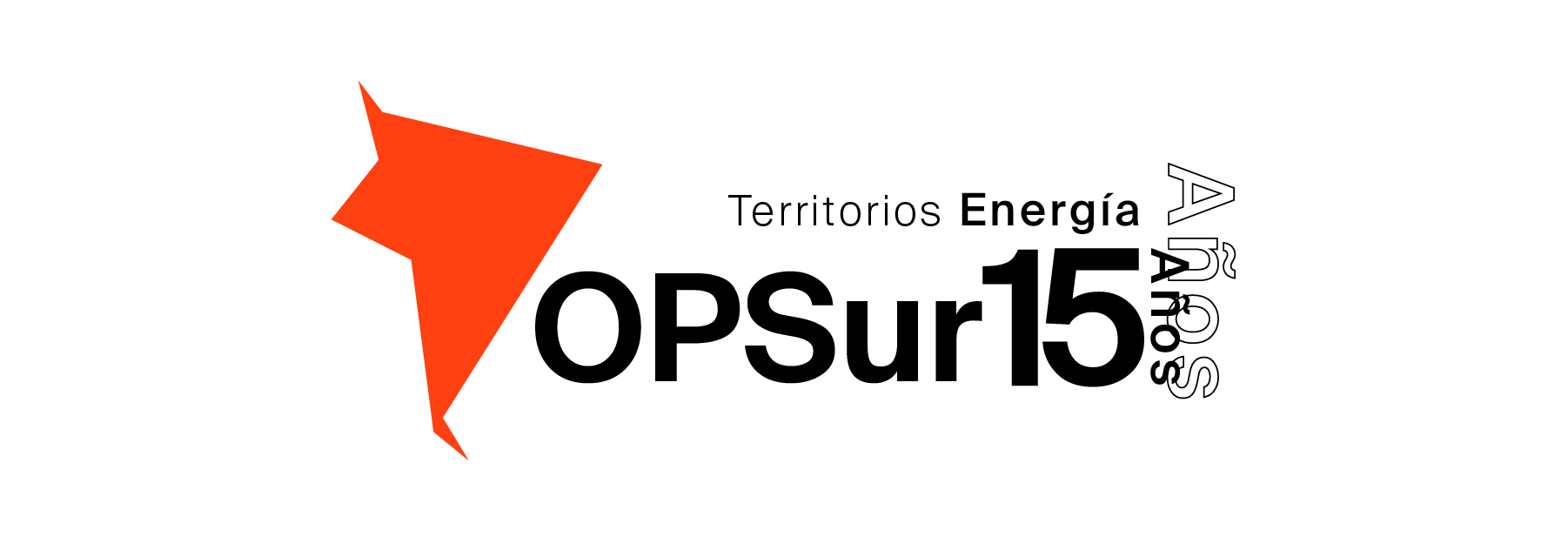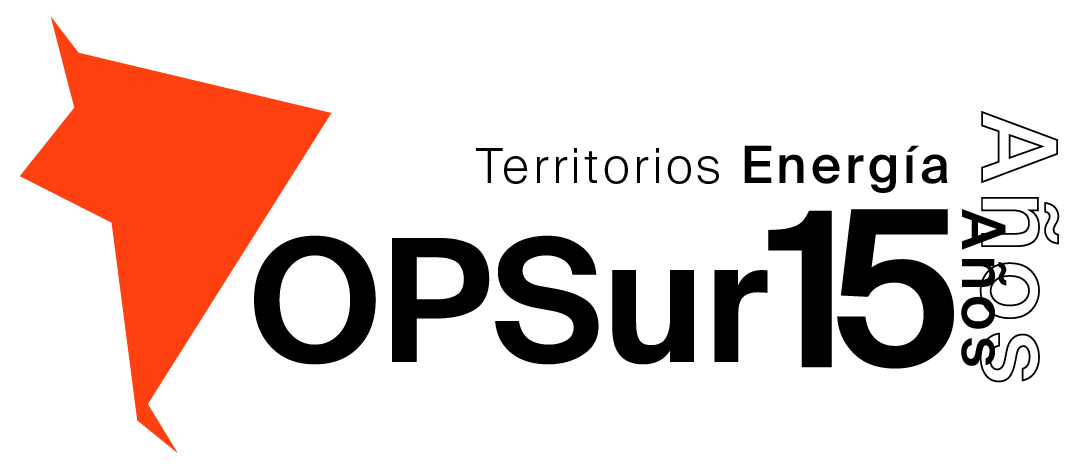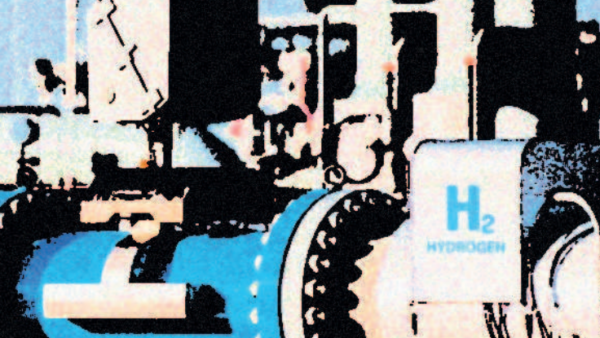El OPSur realizó un pequeño aporte a la publicación de Friends of the Earth Europe [Amigos de la Tierra Europa] sobre los yacimientos no convencionales.
Descargar ‘Shale gas: unconventional and unwanted’
Debajo el artículo completo.
A brief resume: Argentina’s unconventional hydrocarbons and social resistances
By OPSur (6/9/2012).- By the end of 2010, YPF -still controlled by Repsol- announced the discovery of a huge shale gas reservoir in Neuquén province (Patagonia region): the oil company estimated its potential in 4.5 trillion cubic feet of gas (TCFs). At the same time, provincial authorities told the press that in the whole subnational territory –in ‘Los Molles’ and ‘Vaca Muerta’ formations- there were 257 TCFs of potential reservoirs. Even though the public discussions around the development of unconventional basins (shale and tight) in the north Patagonia started in 2009 – Neuquén and Río Negro provinces-, it was after this discovery that public authorities and the business sector presented these basins as “the only” alternative to overcome the country energetic crises. A couple of months later, Apache -North American company- drills the first well using hydraulic fracture in Latin America; unsurprisingly it was done in indigenous mapuche territory. In order to guarantee law and order for foreign investment, their resistance has been heavily suppressed by authorities.
In April of 2011, business and governmental sectors redoubled their campaign when the country was placed as a ‘global leader’ in the matter. A study ordered by the U.S. Energy Information Administration estimated in 774 TCFs the unconventional gas reserves in Argentina, only behind China (1.275 TFCs) and USA (862 TFCs).
The ‘fracking fever’ is taking place in a context of deep deficit on energy supply (sharped fall of extraction levels -due to a lack of risk investment of private companies- and increasing hydrocarbons imports) and high dependency on fossil fuels in the energetic matrix (almost 90%). These structural reasons lead the national government to set up a variety of subsidies and incentive programs (‘Gas Plus’ and ‘Petróleo Plus’, among others) to promote exploration and new drilling wells. Throughout these programs, private companies obtained an important victory: in natural gas for example, a million BTU stepped from US$ 2.25 to US$ 5. Private companies, labor unions and provincial authorities are putting pressure over the national government to raise domestic prices -for example, US$ 10 for a million BTU-, in order to create “appropriate conditions” to fully develop the expensive unconventional basins.
The extreme confidence and recurring budget deficits have encouraged subnational governments of non-oil provinces to expand extractive frontiers -important unconventional resources would be located in uninvestigated regions- creating major transformations in the hydrocarbon map of the country. Governments in provinces like Entre Ríos and Corrientes –located in the ‘Chaco Paranaense’ basin, beneath the Guaraní Aquifer, one of the world’s biggest clean water reservoirs- started a process of exploration and possible development of shale gas basins. Moreover, Buenos Aires province is promoting the exploration of coalbed methane in Claromecó basin. The expansion of the frontier is not an isolated measure of Argentinean authorities: Brazil, Uruguay and Chile are also exploring their unconventional basins. These countries, among others, are part of USA’s program to promote the industry (‘Global Shale Gas Initiative’ and ‘Energy and Climate Partnership of the Americas’).
The recent expropriation by the national government over the 51% of YPF, in hands of Repsol, and the sanction of Sovereignty Hydrocarbon Law in May have unconventional basins as backdrop. National authorities aim to achieve self-sufficiency trough out these basins. YPF’s Strategic Plan, launched recently, states two primary objectives: self-sufficiency and turning Argentina to a net exporter of hydrocarbons and technology.
Nowadays, there are around one hundred shale gas/oil and tight gas wells in different stages of exploration and development in traditional oil provinces; such as Neuquén, Río Negro, Mendoza, Chubut and Santa Cruz. The success of “fracking revolution” will -mostly- depend on the reassurance of enterprises profitability. Nevertheless, gradually and steadily critic organizations are starting to emerge, like the ‘Asamblea Popular de Zapala’ and ‘Asamblea Permanente por el Agua del Comahue’, in Neuquén, and the movement ‘Entre Ríos Libre de Fracking’. Moreover, in Entre Ríos there is a law proposal to ban fracking. As fracking advances, so the social resistances for a new energetic and free society.




